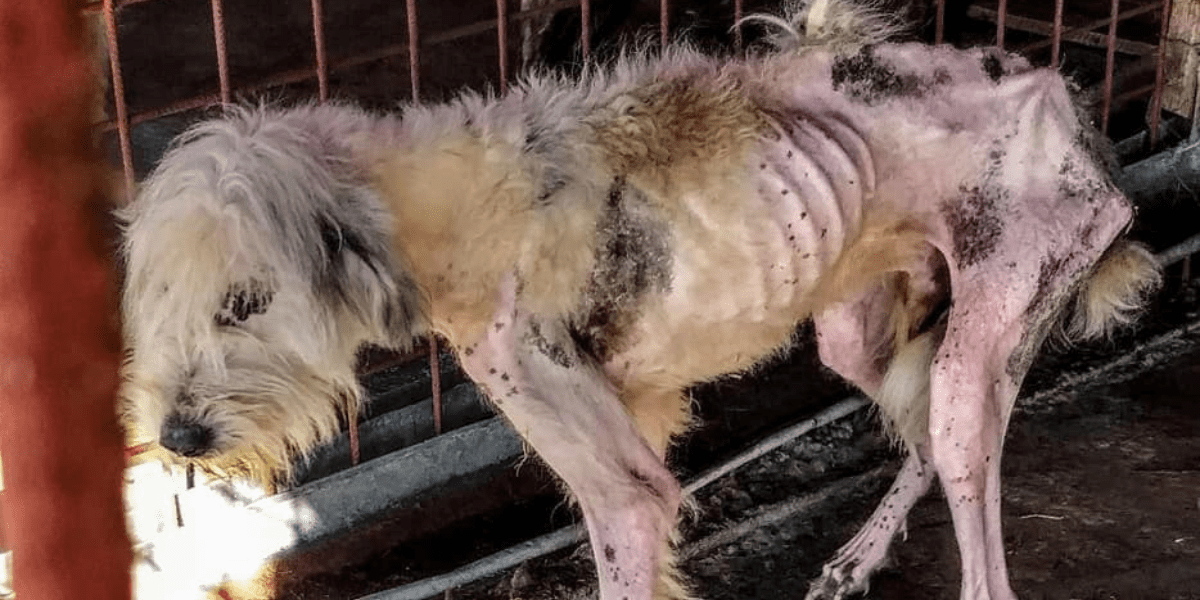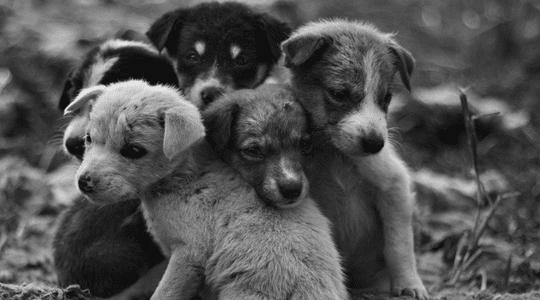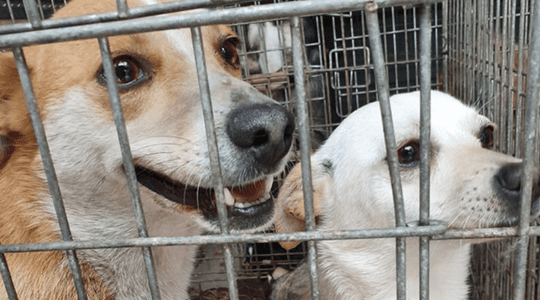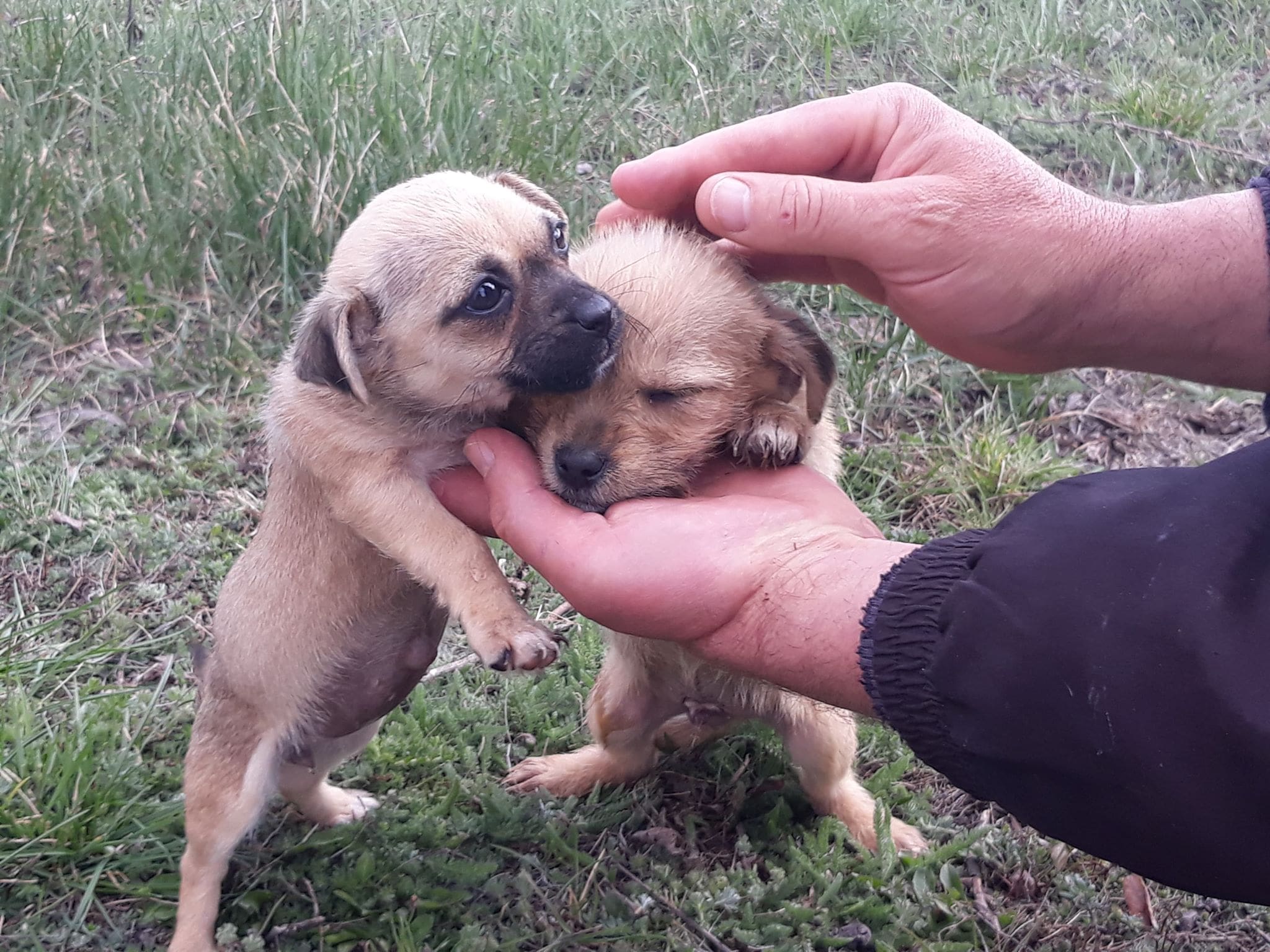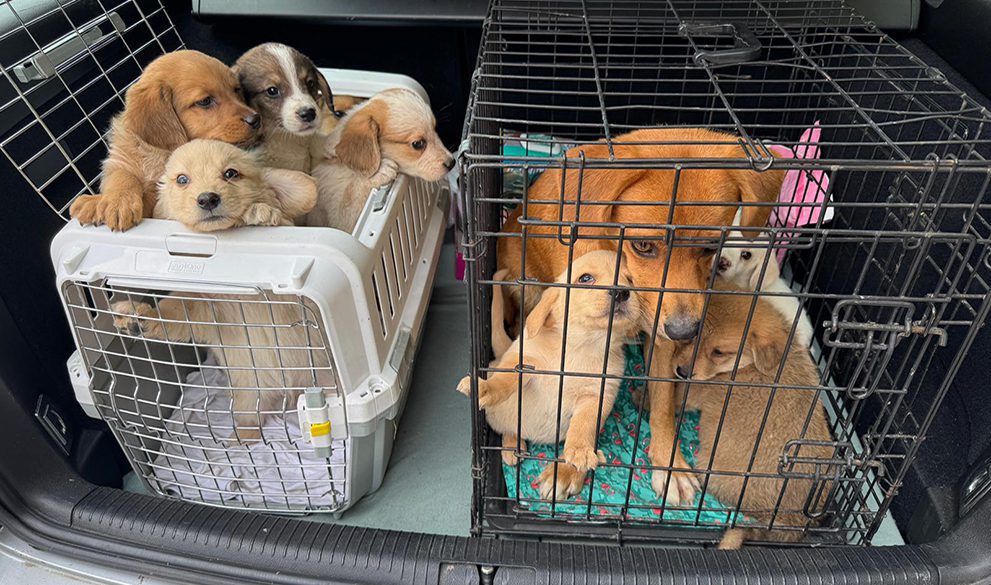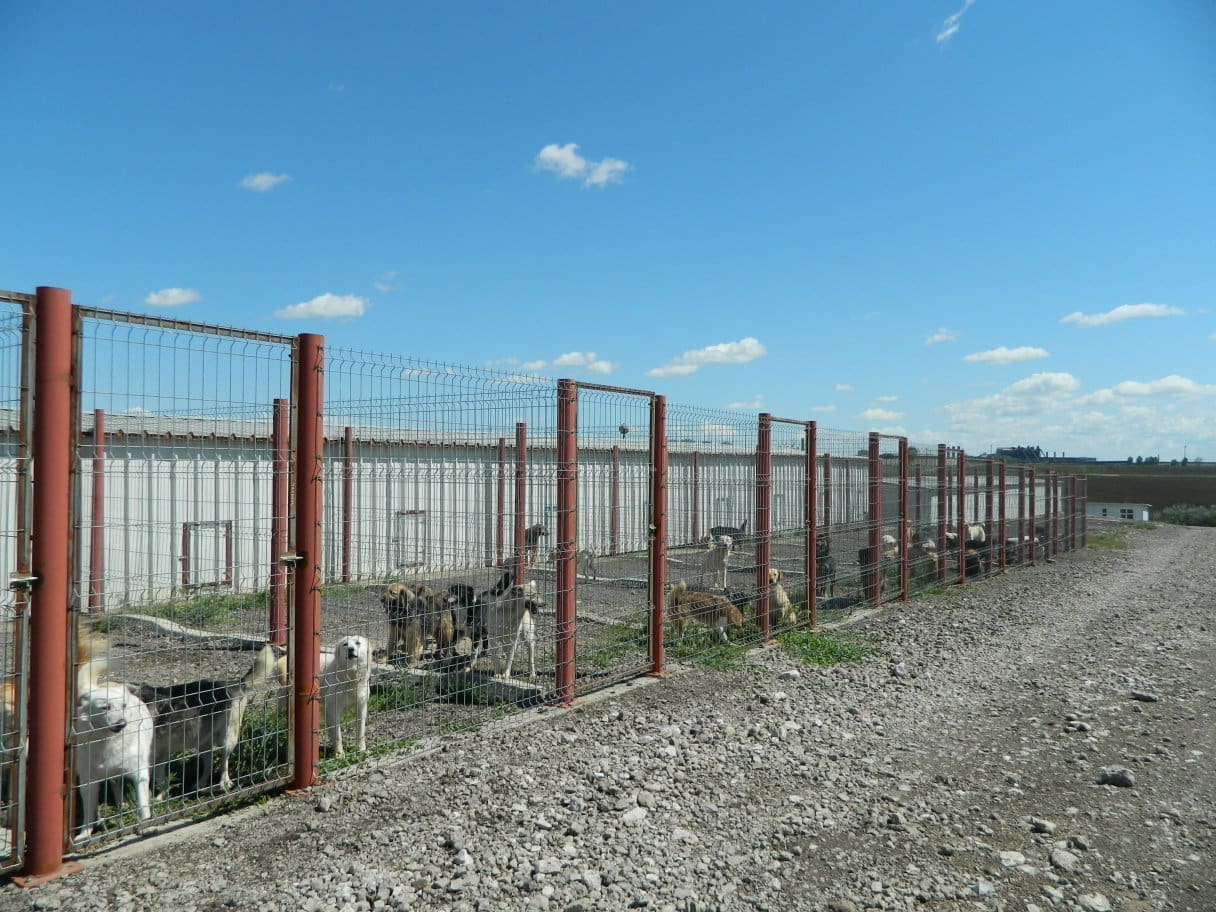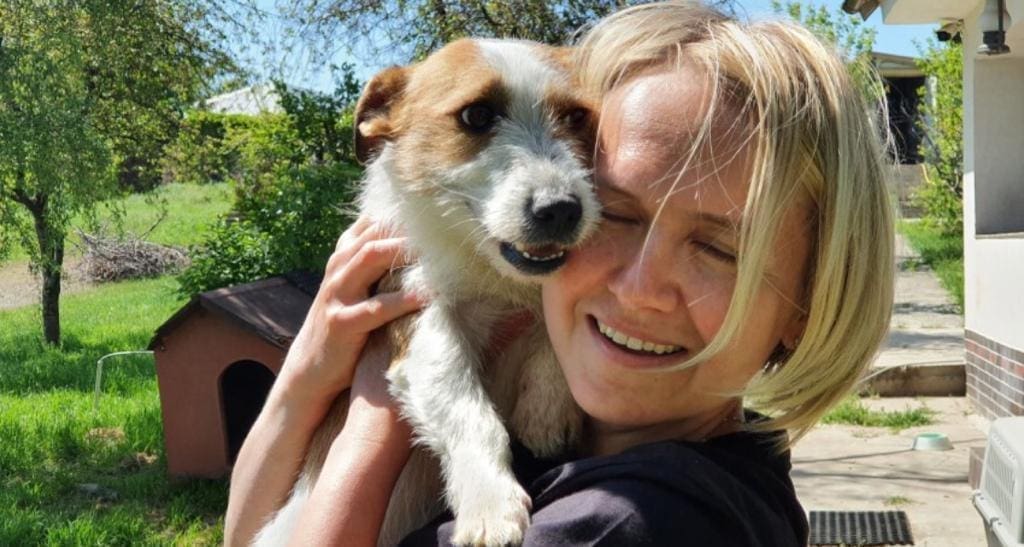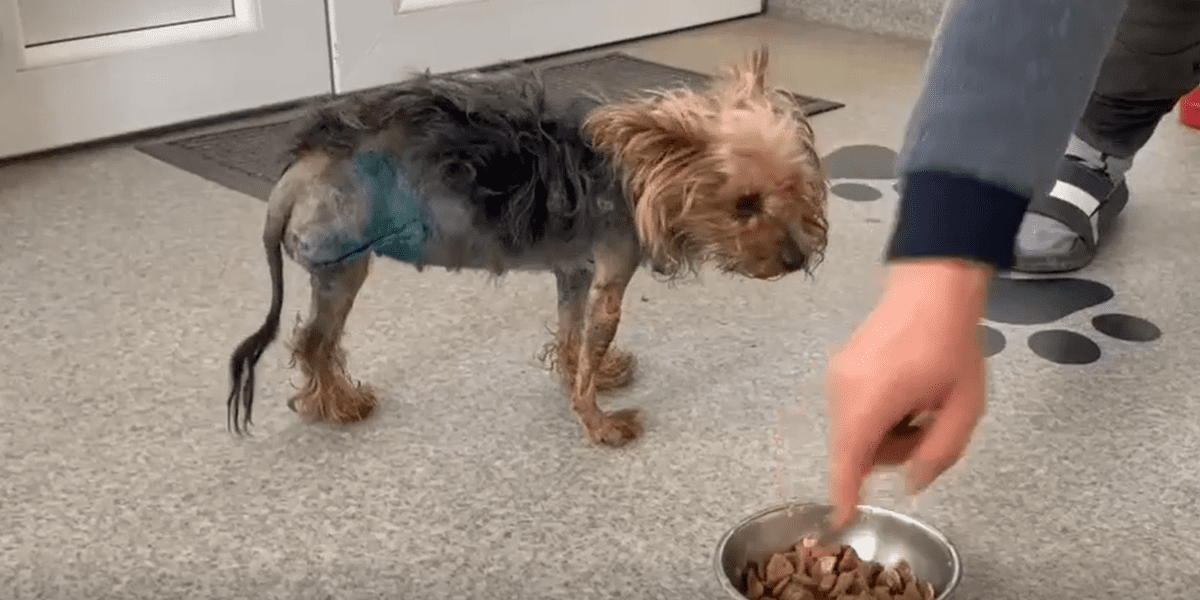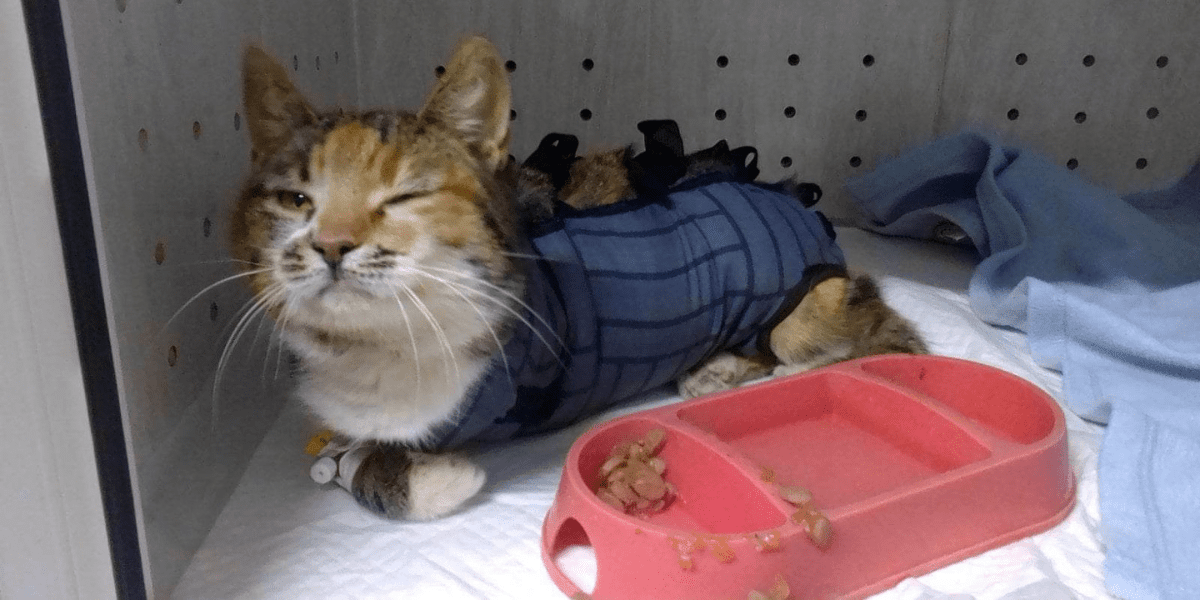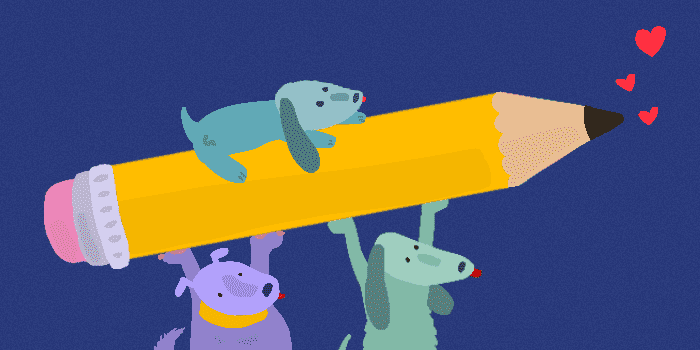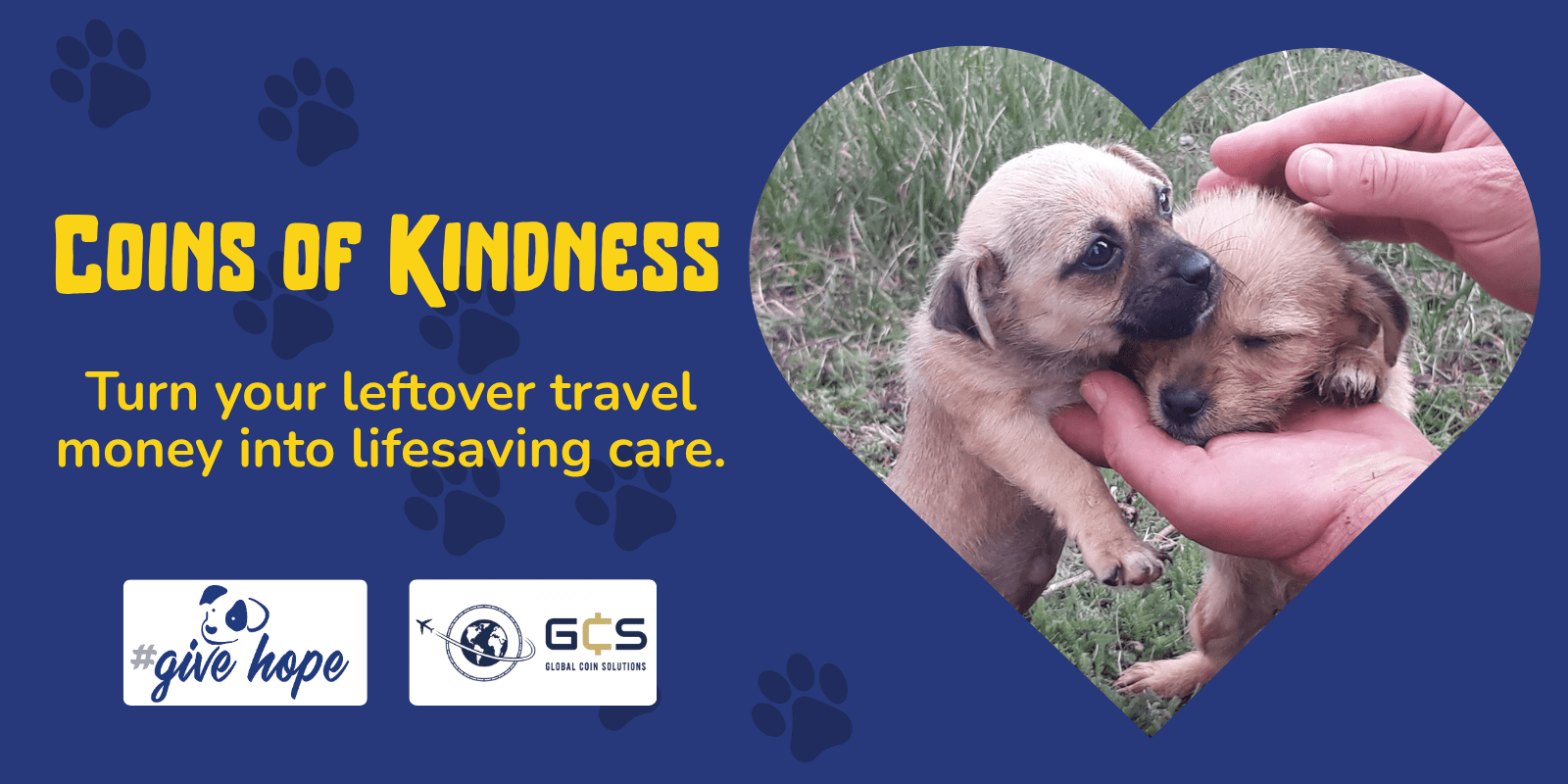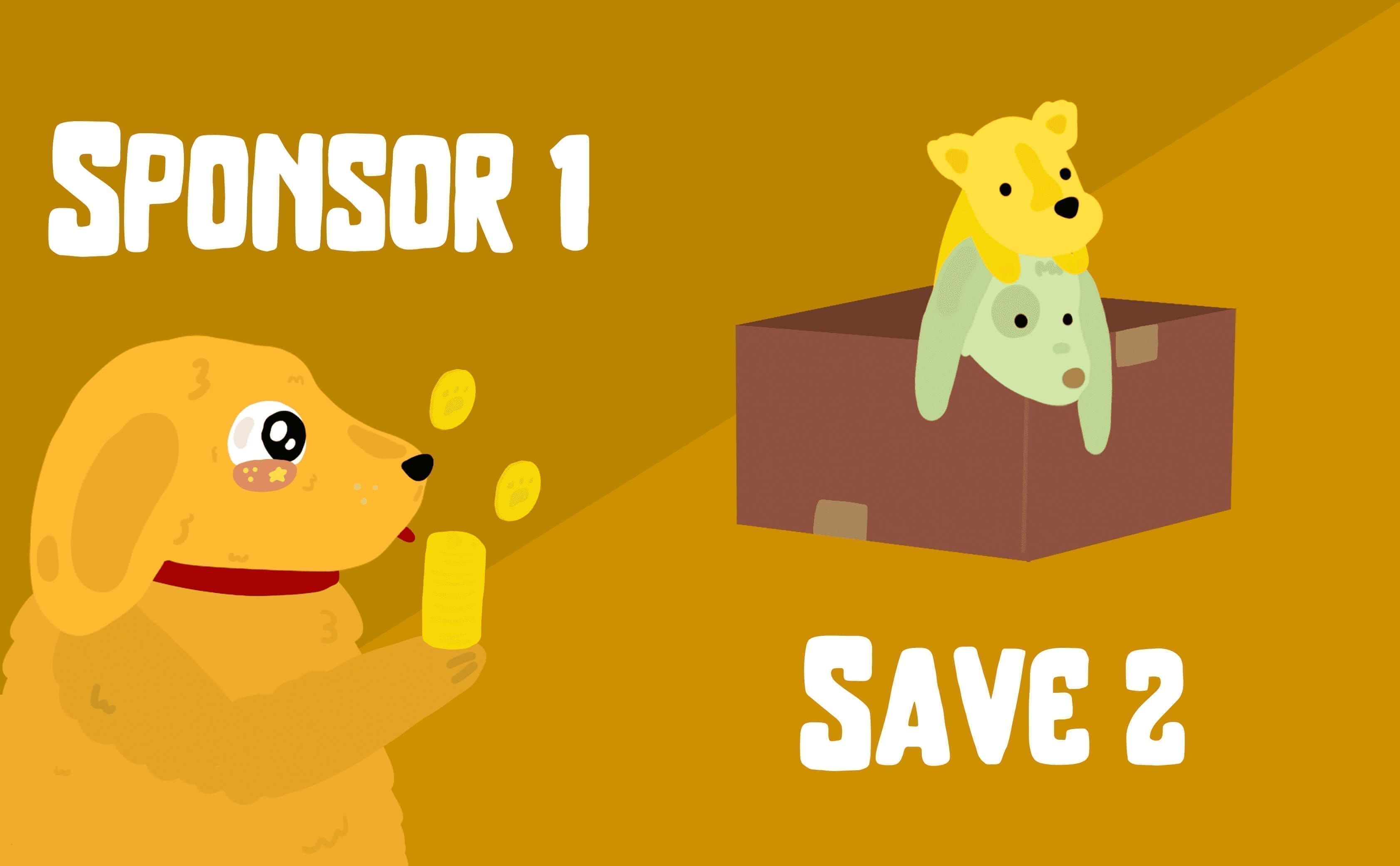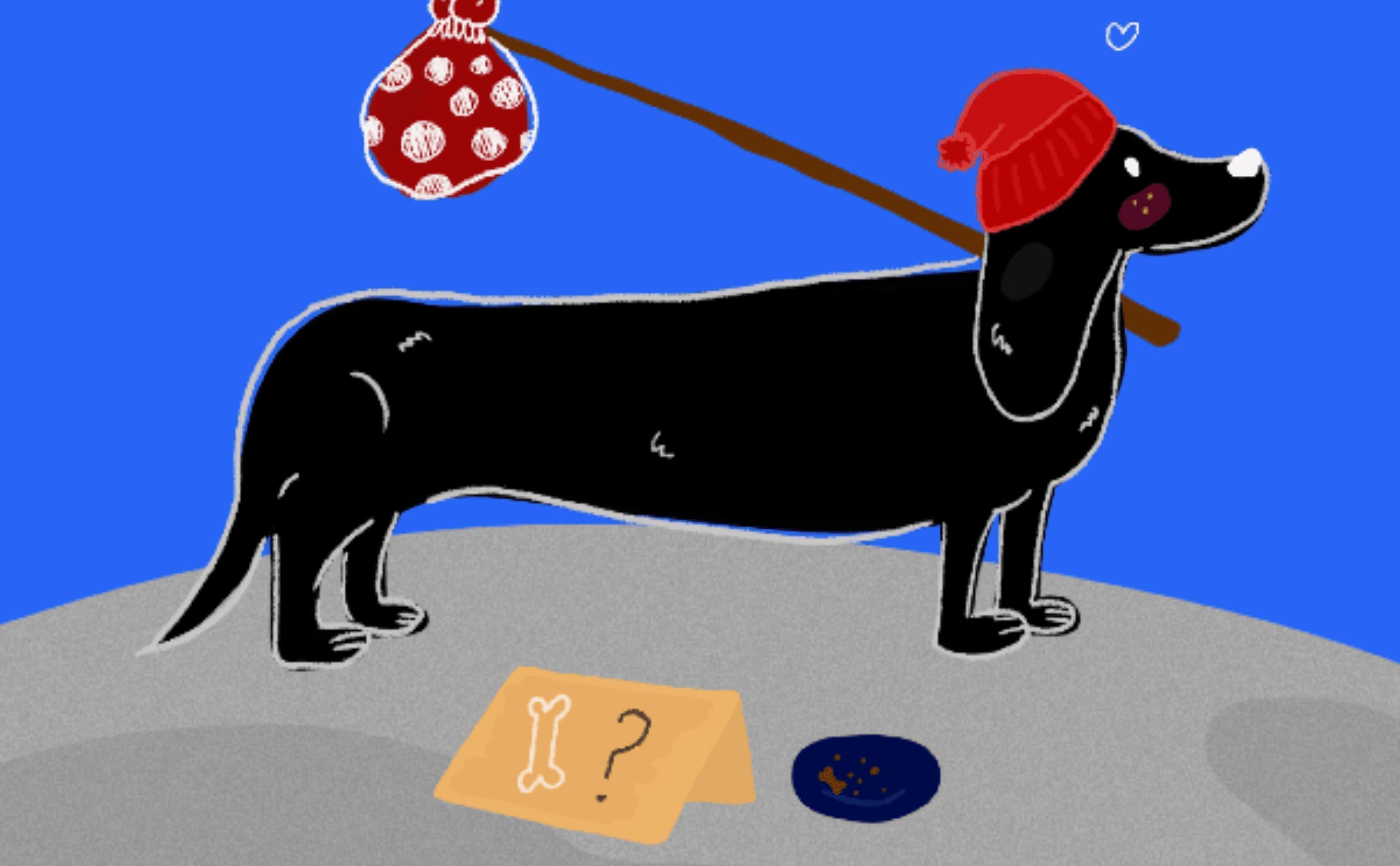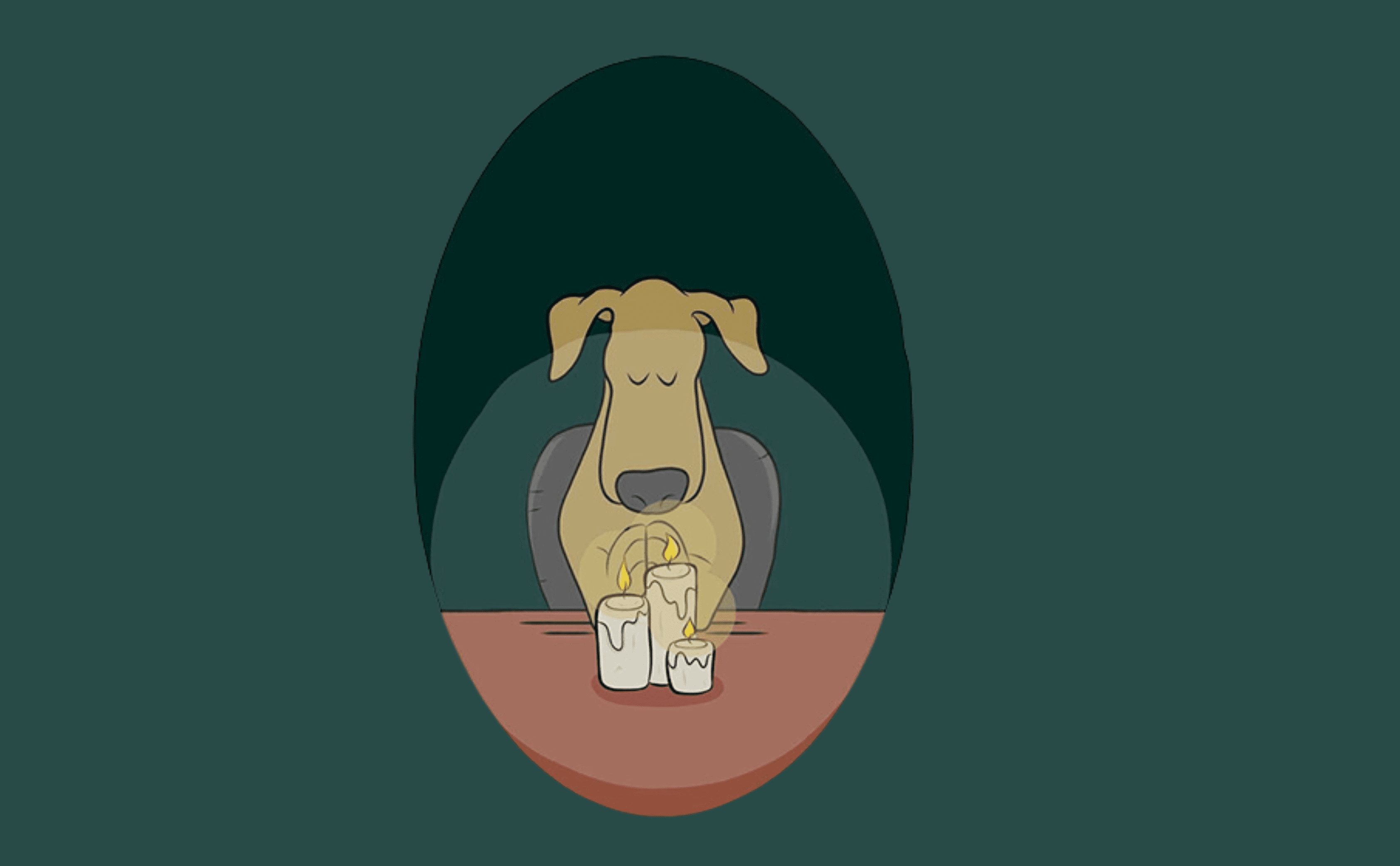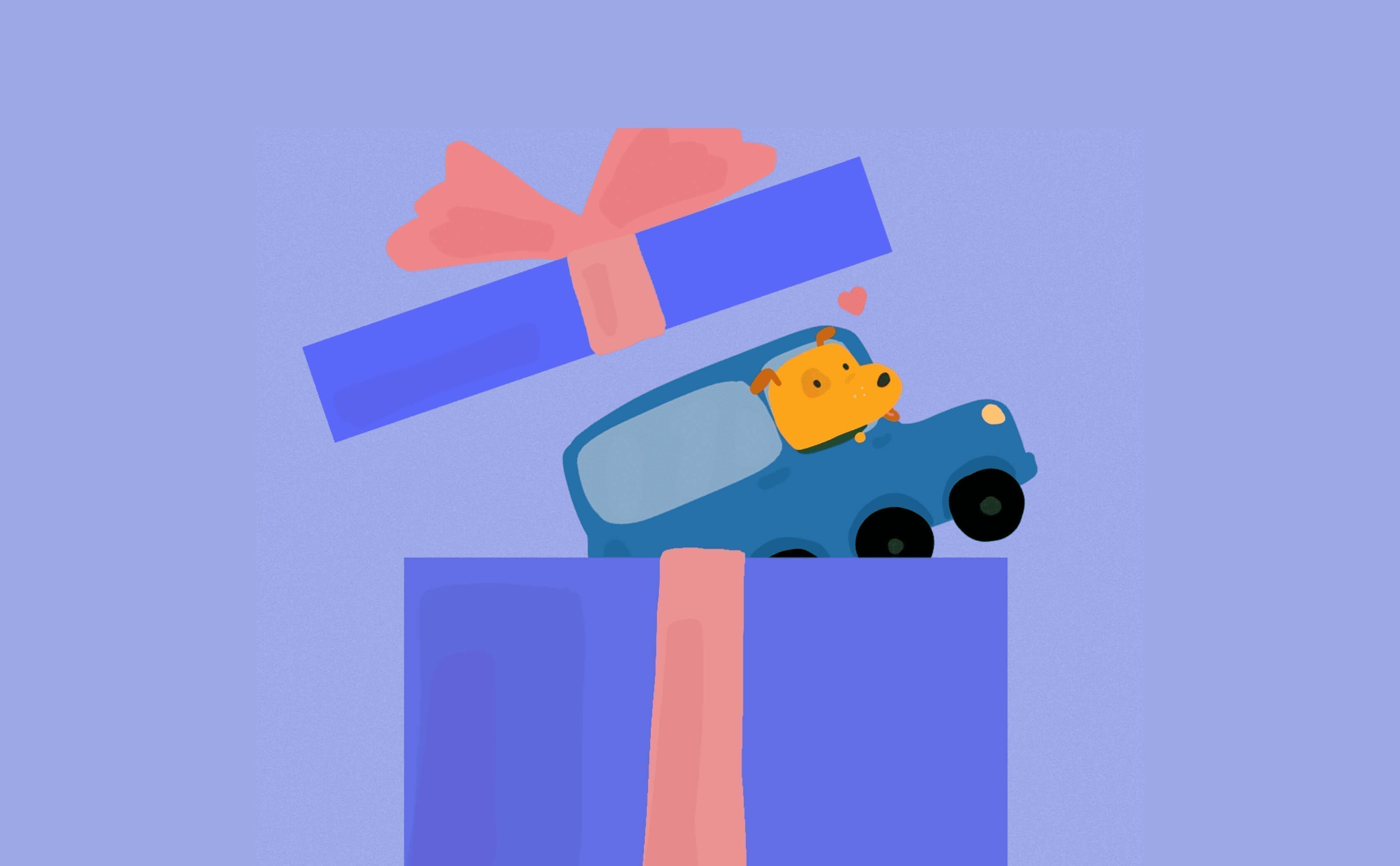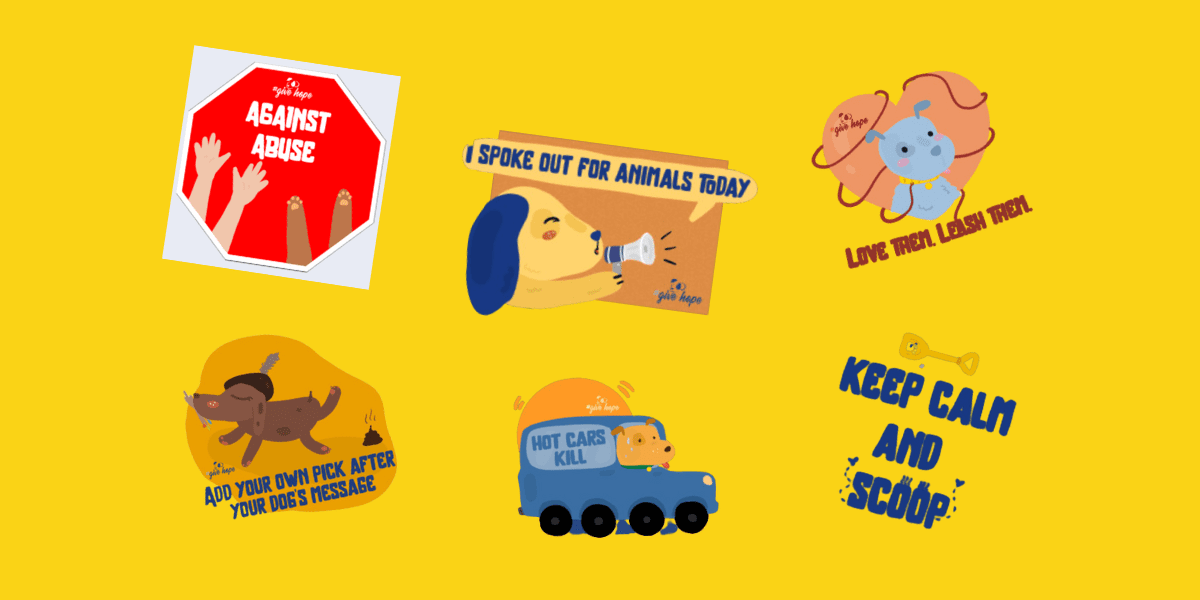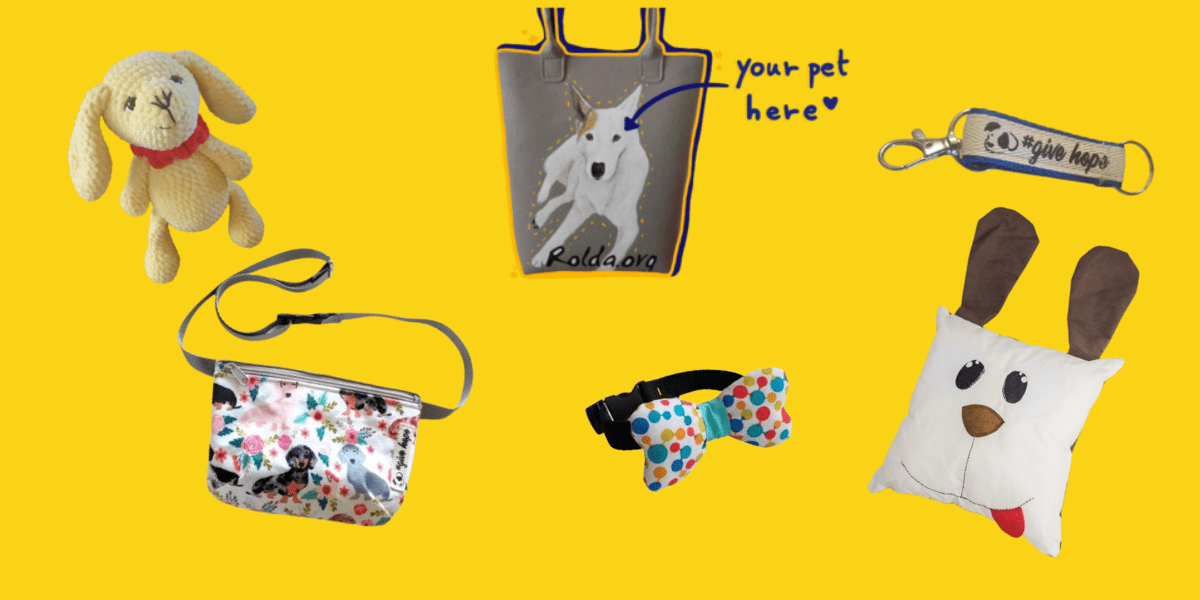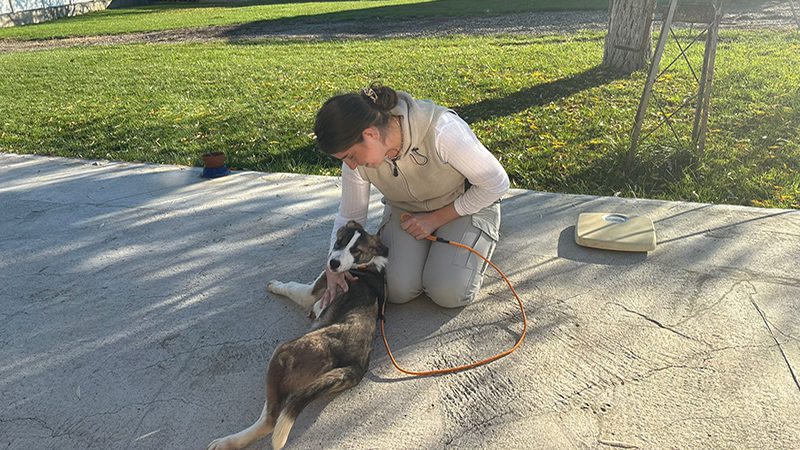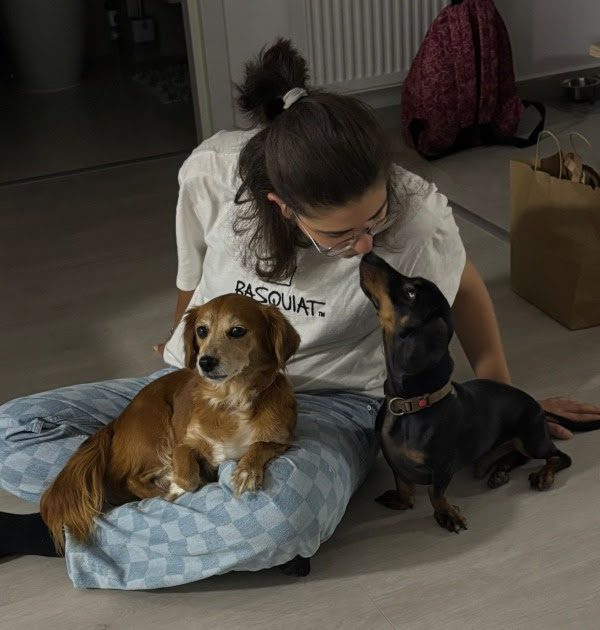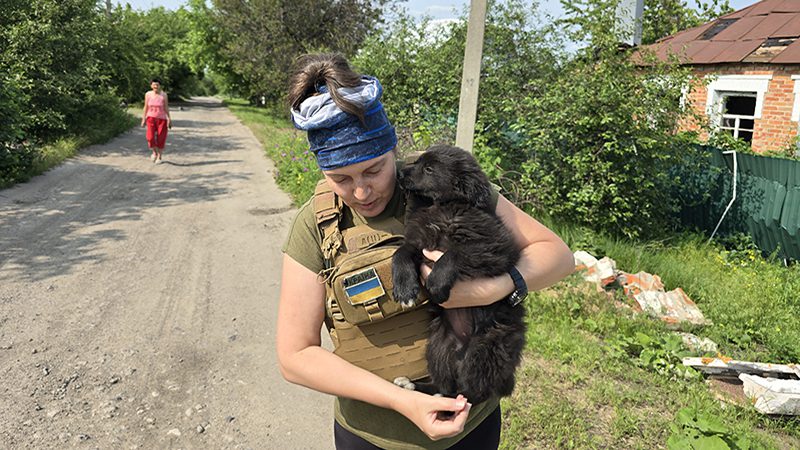How do I get my puppy to stop crying?

Getting a puppy can be the most exciting moment of anyone’s life. Even as children, we dream of the unbreakable bond we will have with our dog, a bond created since puppyhood. The training part, however, hits like a ton of bricks!
As aware as you might think you are of all the things you need to teach your dog from scratch, the crying and whining will be the most frustrating. You will feel like giving up, like what you are doing is not good enough, and even feel tempted to give into those notions of not being strict enough. But before you second-guess your decision, know that you are not alone in this.
Training puppies is difficult and taxing. Even professionals sometimes get frustrated, and they already have all the information. But you will get there, and once you power through this period, you form that amazing bond with your dog. Let us give you a few pointers on how to do it.
Why do very young puppies cry?
Phases of puppyhood
When they enter the world, puppies’ eyes and ear canals are closed for the first two weeks. All they can do at this point is sleep in the safety of their siblings, be in close contact with each other, crawl to their mother, following the smell of milk, and nurse. Therefore, eating and feeling the close physical contact of the mother and siblings are the only things puppies can do now.
A puppy that has crawled or been pushed away from the litter will whine and cry to signal distress so that the mother can find it. These are the only ways of communicating, and they are purely instinctive. Remember that these are sounds they make before they can even hear anything.
As puppies grow, they trade crawling for walking and running around. This time in a pup’s life is exploratory when they become slightly more independent and curious about the surroundings. Once they’re done exploring, they’ll want to go back to the comfort of the litter.
By 6-8 weeks of age, the mother will start weaning the pups, and they will be ready to find new homes. This is the best time to get your pup.
Getting a puppy too young
Sometimes, pups that have not yet been weened will remain without a mother, and humans will need to step in. Training at this point is useless, as the pups should still be with their mother. The puppies still depend entirely on the mother for survival.
If you get a puppy that is still one to two weeks old, comfort it very often, provide a safe and warm space for it to sleep in, and feed it often. If you sign on for this, you cannot complain about crying and whining because the pup would be too young and dependent on your care to dismiss its signaling.
Anything under the recommended 6-8 weeks falls into this category.
Getting a puppy at the right age
If your puppy is the right age, has already been weened, and is ready to come home with you, you are still in for some crying sessions. Mom is the first to know the weening is done. The pups will eventually find out that they are on their own, and it will be a rude awakening for them.
Expect any pup to need time to adapt, from sleeping with brothers and sisters and having a readily available buffet to sleeping alone and waiting for mealtimes. You would probably cry, too. Most likely, you did when you were a baby. So, have some sympathy for the poor pup.
Adapting to the new environment and rules will often be met with frustration because it is a change and a challenge, but your puppy will get the hang of it! Also, you are out of the “too-small-to-get-it” phase, so let the training begin!
Why do puppies cry?
Because it is not in close contact with anyone
After having been together with the others for so long, your puppy is suddenly sleeping alone in a new place. You will notice discomfort as you see it curled up tightly. It is its body’s way of replicating the sensation of physical touch.
Because your pup cannot see you
Going away and coming back will be a challenge for pups for a long time. Just be patient and understand that your dog loves you so much that your absence is causing distress. It will eventually understand that you are not leaving for good.
Because of hunger, cold, pain, or any type of discomfort
This is a puppy’s only form of communication. It may seem tiring to figure out what your dog is complaining about every time and sort out emergencies from frustration. Puppyhood is a time in which you both get accustomed to one another, and, in time, you will know how to tell. Plus, as your dog matures, there will be less crying.
Out of boredom
Puppies have a lot of energy. You cannot expect them to lounge about and sleep all day like cats. Also, this can depend on the breed. But, in general, puppies are energetic and crave attention and companionship.
How to address the needs of a crying puppy
Mentally, list the possible reasons your puppy may be crying.
– Is it in any danger?
– Is it pain? Does it look physically distressed?
– Has food and water been made available at the right time?
– Is the bedding soiled and uncomfortable?
– Has the puppy not seen me or anyone in the family for a long time?
– Has the puppy had no playtime for a very long time?
– Has any of its comfort items been removed?
– Has the puppy reached a situation it cannot get out of by itself – like getting stuck behind the couch?
Other questions may be more particular to your situation. But here is how you address them.
Your vet will tell you how much sleep, food, water, and playtime your puppy needs for a healthy and balanced life. Always make sure these parameters are met. Sometimes, your pup may tip the water bowl and go thirsty, not get enough exercise, or be too young to be left alone for too long.
The younger the puppy, the more you will need to check whether there is just a reason for it crying out. Older dogs will usually get the hang of it. Instead of a puppy’s general language of crying for everything, they will bark to inform you of anything in particular.
Also, check for situations you may not notice, like accidentally placing a toy in a place your puppy cannot reach more than once. You can change time, and your puppy will no longer be distressed about some issues.
What to do with a puppy that is crying all night
We know. It’s challenging to be patient when you lose sleep over your puppy constantly crying through the night. It feels like you have a newborn baby in your home, right?
Like a sleep-deprived parent, you will still need to keep up crate training, and we know things will eventually get better.
Your pup might feel distressed because it is too far away from you. If you plan on keeping the crate in an unfamiliar room, maybe ease into the transfer instead of placing it there from the beginning. While the puppy is still tiny, keep the crate near the bed and stick a hand in so the puppy can smell you and know you are near.
Then, as he grows accustomed to sleeping in the crate and needs less reassurance, you can start moving it. A good idea would be to put some old clothing in the crate with your scent on it. The smell will comfort the puppy and try to seek you out less.
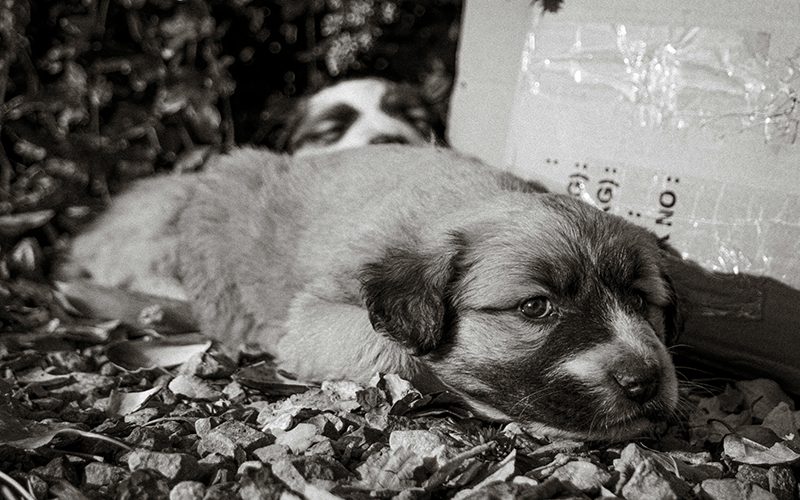
The cry-it-out method
This is no longer recommended for babies; we do not recommend it for puppies either. Just like babies cannot self-soothe, puppies can cry themselves into distress, causing them to associate the crate with something extremely bad. When you intervene, it is too late, and you can no longer have a safe notion of a crate.
Ignoring a crying dog for a very long time is no longer the way to do it. Instead, try filling the crate with everything you puppy likes, fluffy stuff with the smell of the favorite family member, toys, and whatever would make it feel comfortable, safe and inviting. If other animals are in the house, do not let them in the puppy’s crate, and make it clear that it is a personal space.
Go to comfort the puppy in the crate—it would be best not to pick it up—then leave and come back one minute later next time. It might take a while, and it is not like the cry-it-out method, but it doesn’t ignore a distressed creature.
Practice alone time
Even if now you may have the time to spend with your pup and maybe you have the luxury of a house full of people to choose from, there might come a time when your dog will have to be left alone. Practice makes perfect!
Do it in small batches and increase the time intervals. Always greet and play with it more upon your return.
Lots of exercise
Do you know who sleeps best? Anyone who is tired and has worn out every drop of energy. So, make the last walk of the day an extensive one. Include active playtime, and make sure you consume all the energy your puppy has.
This is but a moment in your lives. As difficult as this time may seem, we guarantee you will not remember it as you grow more accustomed to your routine and life together.
 non-US support +44 (0)161 531 8801
non-US support +44 (0)161 531 8801



